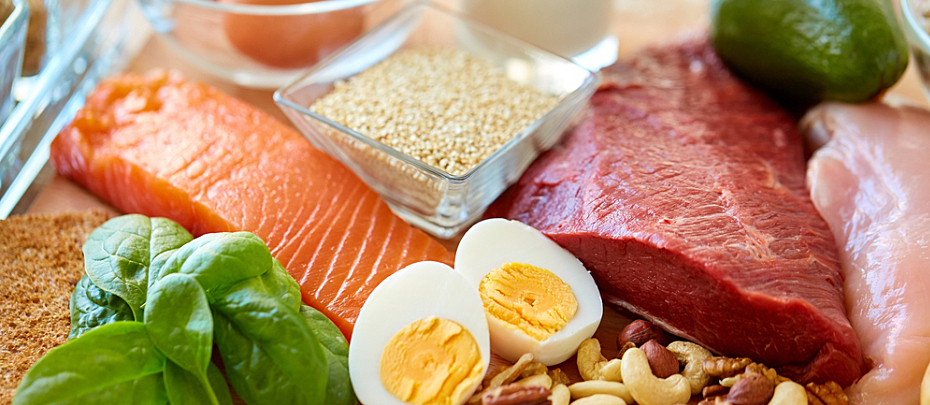What are Natural and Added Sugars?
Sugars are small and simple carbohydrates. Single sugars, also known as monosaccharides, are single molecules of sugar that are small enough to be absorbed directly into the bloodstream. These include fructose, galactose and glucose. Disaccharides contain two linked molecules of sugar that must be broken down into monosaccharides during digestion to be absorbed — these include sucrose (table sugar), lactose (milk sugar) and maltose (malt sugar).
All (including complex) varieties of sugar occur naturally in foods like fruit, milk, juice, honey and, yes, vegetables. The sugars themselves — whether natural or added — are the same molecules. The sucrose in a peach, for example, is the same as the sucrose in a cookie. The difference is that sugars occurring naturally are typically found in more nutrient-dense food, while added sugars tend to appear in processed food or drinks and increase the calorie count without increasing nutritional value.
For a long time, it was difficult to tell whether a food contained added sugars — the nutrition facts label would simply list the total sugar content. But in the U.S., food manufacturers are now required to specify the amount of added sugars in a product, and it's likely that other countries will soon follow suit.
The Role of Sugar in the Diet
Sugars are carbohydrates that serve as the primary source of energy in the diet. Regardless of the type of sugar, all sugars are broken down into single sugars (monosaccharides) and travel through the blood stream to provide energy to cells or are stored for later use. Nutrition guidance typically cautions against including too much (added) sugar in your diet, and for good reason. Excess sugar intake can be associated with health concerns such as tooth decay, weight gain and diabetes. But in the proper quantities, sugar can be a part of a healthy, balanced diet.
Most healthy adults should aim to get most of their sugar from complex carbohydrates and natural sources like fruit. For picky eaters or people who struggle to get adequate nutrition, sugar can help improve nutrient intake by providing an easily digested source of energy and can improve the taste of food to make it more palatable. Some sugars, like those found in some complex carbohydrates and fiber-rich foods, are slowly absorbed and digested helping people manage their blood sugar, which is an important part of diabetes management.
In addition to nutritional value, sugar can also impact our food preferences. Small amounts of sugar can enhance not only the flavor of food but also color and texture, and in some cases, they can also help to preserve freshness.
How to Manage Sugar Intake
In general, the key to sugar intake is moderation. Calories from sugars can be both a little surprising and misleading. They only have four calories per gram, or about 16 calories per teaspoon, so adding it here and there to your food isn't worth a second thought, right? Well, not exactly. Just like any other food, calories can quickly add up if sugars are eaten in large amounts. And, since it's so easy to find these ingredients in our foods, you'll want to pay special attention to how much you're consuming.
The World Health Organization and Dietary Guidelines for Americans both recommend limiting added sugar intake to no more than 10% of your daily calories. For someone who consumes 2,000 calories a day, that translates to about 50 grams, or 12½ teaspoons, of added sugars. This is where the distinction between added and natural sugars is so important. One orange, for example, contains about 9 grams of natural sugar, while one 12 ounce can of cola contains about 39 grams of added sugar.




Social Share